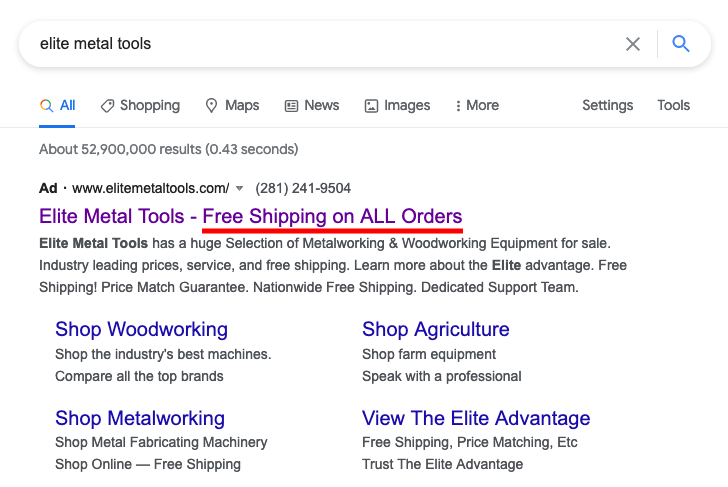
Byte Invisible Braces
NAD takes issue with blanket disclosure regarding incentivized reviews.
There’s a lot of Sometimes termed “mouse print” or, more benignly, “disclosure language”, and presented in miniscule font. It is there to take back every enticing offer made in the ad. in this television advertisement for Tax 10000, a website and phone number that refers you to tax help. Here’s the fine print frame by frame:
Results not typical. Actor portrayal of actual testimony. You should not expect to reduce your taxes by this much.
Results not typical. Actor portrayal of actual testimony. You may not meet IRS eligibility requirements for this program. Even if you do, you should not expect to reduce your taxes this much.
The Advertiser does not provide tax relief services but only refers you to a company that helps people negotiate with the IRS. Testimonial results are not typical and may not represent customers of the company to whom you may be referred.
Results not typical. Actor portrayal of actual testimony. You should not expect to reduce your taxes by this much.
So . . . Tax 10000 might help you find someone who might help you reduce the amount you owe the IRS — but they are exaggerating how much money you might save, the testimonials might not have anything to do with the company you work with, and all of these people are actors. Sign up for our service, but don’t expect too much. How’s that for an ad?
And why the name Tax 10000? The $10,000 mark is the amount you can owe on your taxes before the IRS generally issues a Notice of Federal Tax Lien — but even then, a few more things need to happen before the government will take your property or put you in jail. Taxpayers should know that if you owe the IRS money, it will work out a payment plan for you. Free tax help is available, and should you choose to pay someone to help you with you tax debts, be sure to check out their credentials first.
Our Ad Alerts are not just about false and deceptive marketing issues, but may also be about ads that, although not necessarily deceptive, should be viewed with caution. Ad Alerts can also be about single issues and may not include a comprehensive list of all marketing issues relating to the brand discussed.
NAD takes issue with blanket disclosure regarding incentivized reviews.
If you have a structured settlement but you need ‘cash now,’ you may want to call someone else.
“Free Shipping on ALL Orders” turns out only to be good on around 90 percent of orders.

